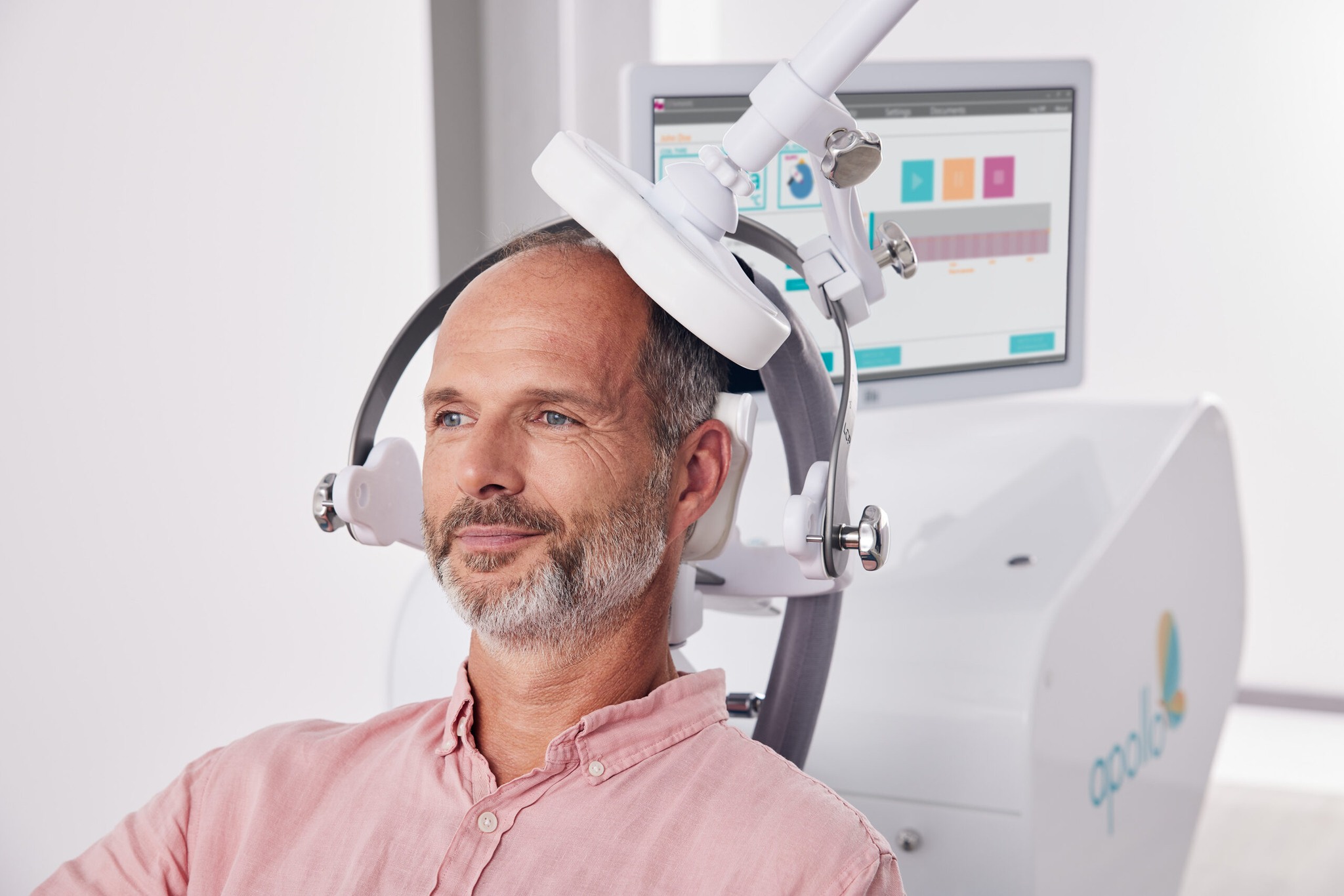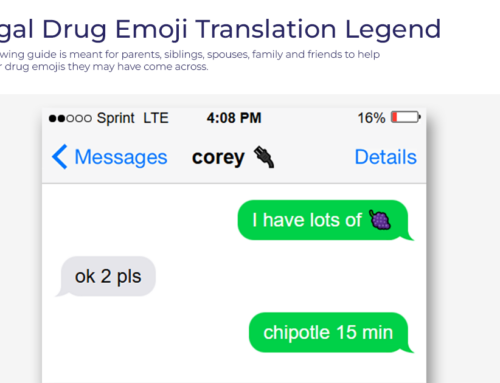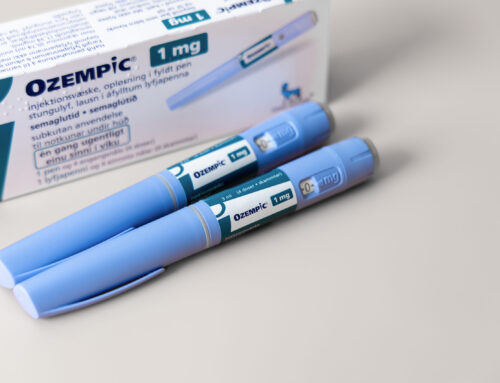Addiction treatment in New Jersey remains on the cutting edge of developments, perhaps more so than much of the rest of the country. Alternative addiction treatment methods like VR therapy, Transcranial Magnetic Stimulation (TMS), and more are getting plenty of attention, but which of these alternative addiction treatment options are worth your time?
This Achieve Wellness and Recovery article examines some of the emerging trends in alternative addiction treatment in New Jersey and evaluates their worth.
Proven Methods of Addiction Treatment in New Jersey
Before we dive into the unconventional drug treatment options here in NJ, we need to establish two baselines.
- What addiction treatment approaches have already proven effective?
- How do we decide what drug rehab treatments actually work and which don’t?
Effective Treatment for Addiction
Which treatments do we know are effective at helping people overcome addiction and build lasting recovery? Luckily, there’s a pretty long list of evidence-based addiction treatment approaches that have been proven effective.
Here are a few effective, evidence-based addiction treatment methods we use:
Cognitive Behavioral Therapy (CBT):
Considered the gold standard for individual psychotherapy, CBT has a long track record of playing an important role in successful addiction treatment in NJ.
Dialectical Behavioral Therapy (DBT):
An offshoot of CBT, DBT is another evidence-based mental health treatment that is shown to be effective in treating addiction. It’s especially effective for people with certain co-occurring mental health disorders, like borderline personality disorder.
Dual-Diagnosis Treatment:
Dual-diagnosis treatment combines drug and alcohol rehab with mental health treatment. It’s proven effective for many reasons. One of the biggest is that untreated mental health disorders, like depression and PTSD, are a common cause of relapse. Diagnosing and treating any co-occurring conditions while a person is already in drug rehab in NJ is one of the single best things we can do to help ensure a recovery that lasts.
Partial Hospitalization Programs (PHP):
Partial Hospitalization Programs or PHPs aren’t so much a treatment method as they are a level of care. PHP is the most intensive form of addiction treatment in NJ. Patients at the PHP level spend 5 days a week in drug rehab for at least 6 hours a day. This approach is proven far more effective than conventional outpatient care or IOP alone.
How Do We Decide What Addiction Treatments Really Work?
This is easier than you think. At Achieve Wellness and Recovery, we employ evidence-based addiction treatment methods. In simple terms, evidence-based addiction care is drug treatment that uses methodologies that have been proven effective by independent research.
That means you’re not just taking our word for it when we say our program for addiction treatment in New Jersey really works. The other way we decide whether a drug treatment approach is effective is through our experience.
Achieve Wellness and Recovery carefully monitors the progress of every person we treat for substance use disorders and co-occurring conditions. We also track progress after rehab through our alumni department. This gives us actionable information that we use to continually improve our NJ drug treatment programs.
What determines if an addiction treatment is effective?
- Extensive, peer-reviewed clinical research supporting its efficacy.
- Widespread, real-world use of the treatment and evidence showing it works.
- FDA approval (for treatments that involve medications or medical procedures)
Alternative Addiction Treatment Methods and Their Effectiveness
Below, we’ve listed some of the alternative addiction treatment approaches getting media coverage lately and give you straight answers about whether or not they really work.
Does Transcranial Magnetic Stimulation (TMS) Work for Addiction?
Transcranial Magnetic Stimulation, or TMS, is a treatment that uses electromagnetic energy to subtly influence brain activity. The patient sits comfortably in a reclining chair, and the TMS device is placed close to the skull.
Does TMS work for addiction, though? Research has shown that TMS can be effective for depression, especially depression that doesn’t respond to medication. The FDA has not yet approved TMS for addiction, however. That doesn’t mean TMS doesn’t help with addiction—-it just means the FDA hasn’t seen enough evidence yet to say for sure it does.
Verdict:
Maybe.
More research is needed before we know for sure if TMS is effective for addiction.
Is Treating Substance Abuse with VR Therapy Effective?
Studies have shown that VR therapy may be effective in reducing cravings for some drugs, including alcohol, nicotine, cocaine, and opioids. However, more research is needed to establish long-term effects and to conduct large-scale randomized controlled trials.
Verdict:
Maybe.
We won’t know for certain if VR Therapy works to control drug cravings until more research is done, but it doesn’t seem to be harmful.
Does Ozempic Help with Addiction?
A study published in JAMA Psychiatry found that patients with alcohol use disorder (AUD) who were given Ozempic had a lower risk of alcohol-related hospital visits (versus those who took other medications.)
The study suggested that Ozempic might work by altering the brain’s reward system, making addictive substances less appealing, similar to the way naltrexone works. But, unlike naltrexone, Ozempic is NOT FDA-approved to treat addiction.
Achieve Wellness and Recovery always recommends sticking with the medicines and addiction treatment methods with the strongest evidence, so we’d wait on this one.
Verdict:
Maybe.
The effectiveness of Ozempic for addiction, to treat cravings, for example, is still being studied. It will probably be several years until we know if it works and how well.
Ketamine Therapy for Addiction—Does it Work?
We are not aware of any programs providing addiction treatment in New Jersey that treat patients with ketamine therapy as of now. Some outpatient ketamine therapy clinics offer this treatment, but the jury is still out as to how effective it is.
Again, FDA approval is the gold standard for deciding how safe and effective a medication is for a particular disease or disorder. Ketamine is NOT yet FDA-approved to treat addiction. The fact that ketamine is also a drug that people abuse also keeps us skeptical about this approach.
Verdict:
Maybe.
It’s possible ketamine therapy in a controlled environment could help some people with cravings, but the FDA hasn’t approved this use yet. We remain very cautious and skeptical of the idea of ketamine therapy for addiction.
Overcoming Addiction and Building Lasting Recovery—-The Bottom Line
Any tool that can help someone in early recovery establish sober time and which does NOT do any harm may be worth considering. But there is one very important point which must be made here.
There are no simple shortcuts to long-term recovery. No magic pill or machine can take the place of the hard work and personal growth and development that recovery from addiction requires.
That does not mean we shouldn’t rely on proven and safe methods and medicines that can help in early recovery. It does mean that no one should ever think that one treatment or medication will handle it all. Lasting recovery only comes from personal growth. We have to change the way we think to change the way we behave—and that takes time and effort.
So, whatever methods you use—whether at a treatment center or outside of one—make sure you do not shortchange yourself. Don’t deny yourself the rewards of recovering the right way, without shortcuts or half-measures.
Achieve Wellness & Recovery for Your Loved One
If a person you love is grappling with addiction, Achieve Wellness and Recovery is here to help. It’s never too late for recovery, and it’s never too soon to have hope.
We can help you or the one you love achieve lifetime sobriety, but you must make the first move.
Call Achieve Wellness and Recovery at (833) 680-0142
Find out what addiction treatment your insurance covers TODAY by clicking here.








